Call Anytime
+919922933999

Call Anytime
+919922933999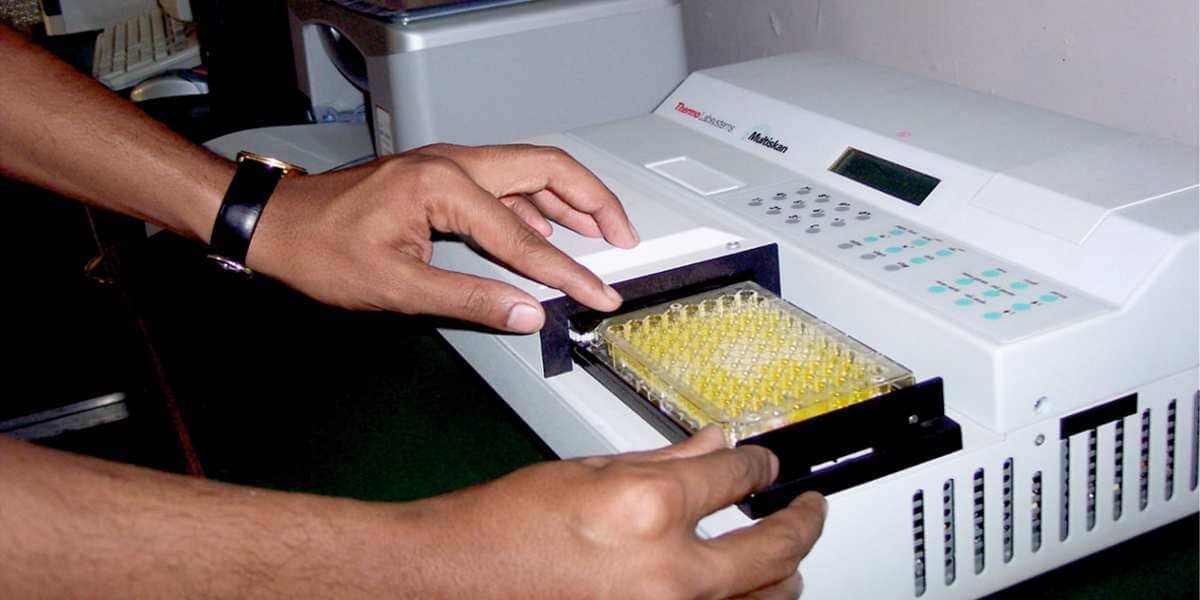


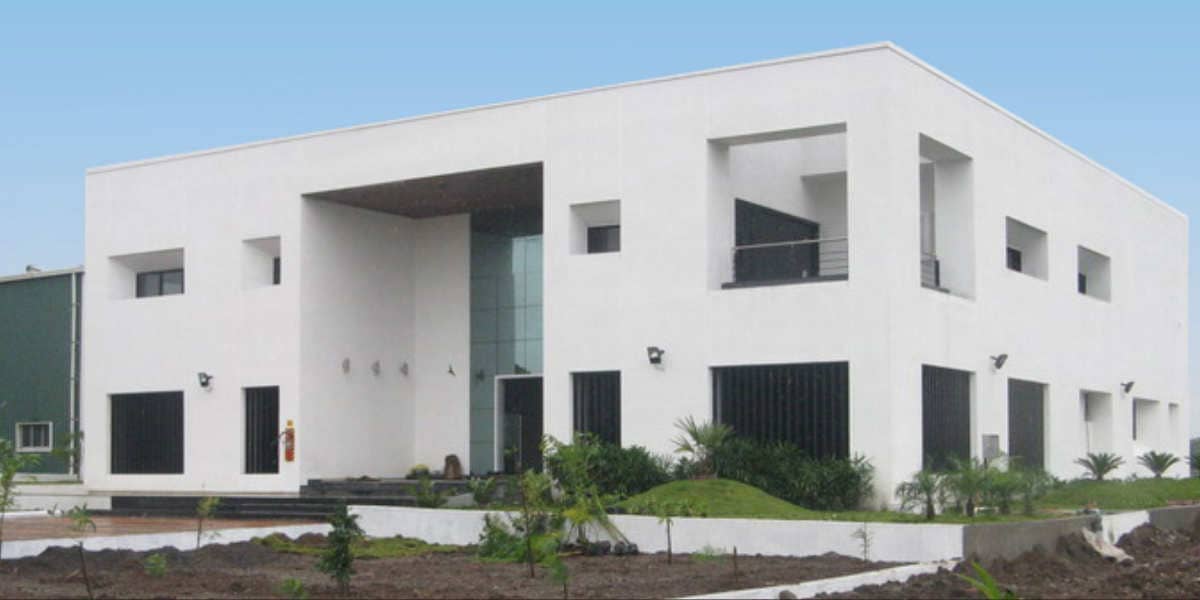
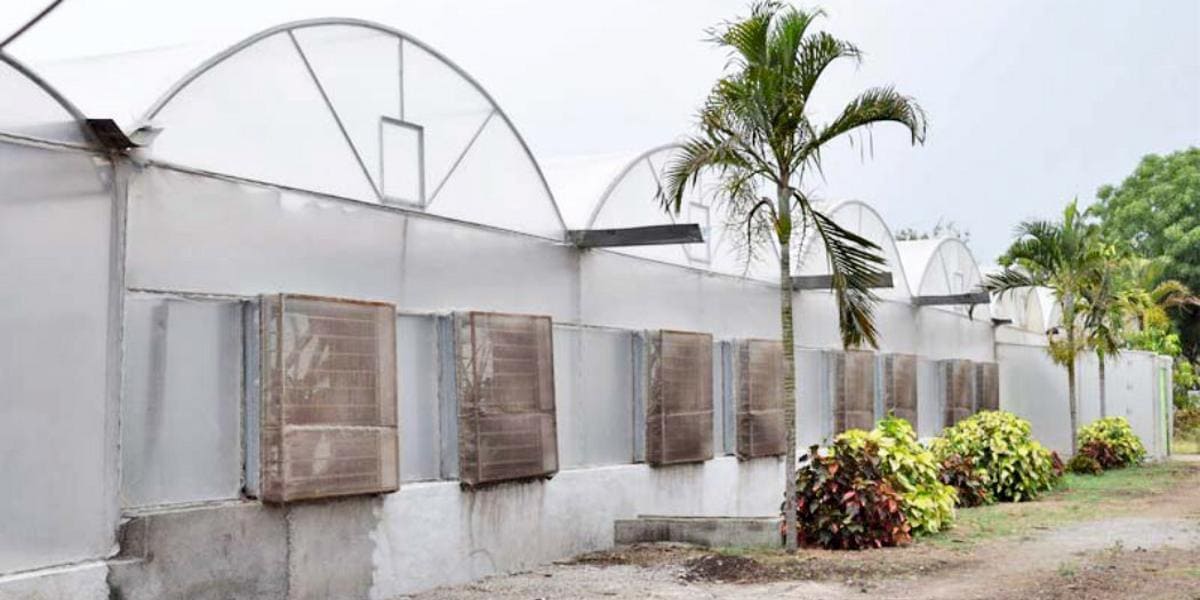
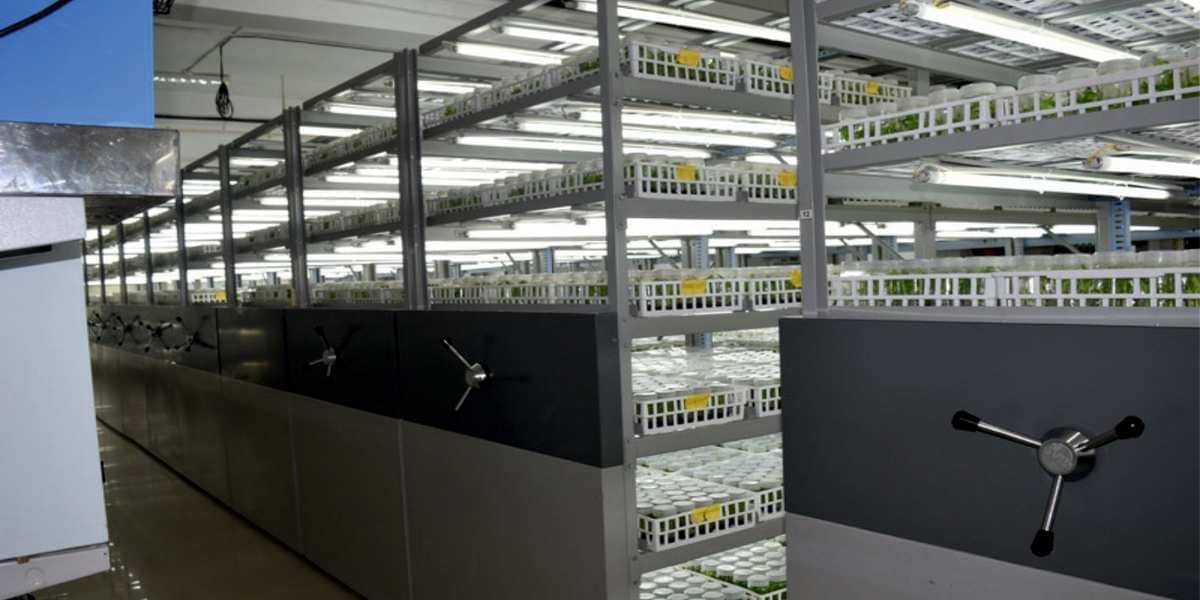
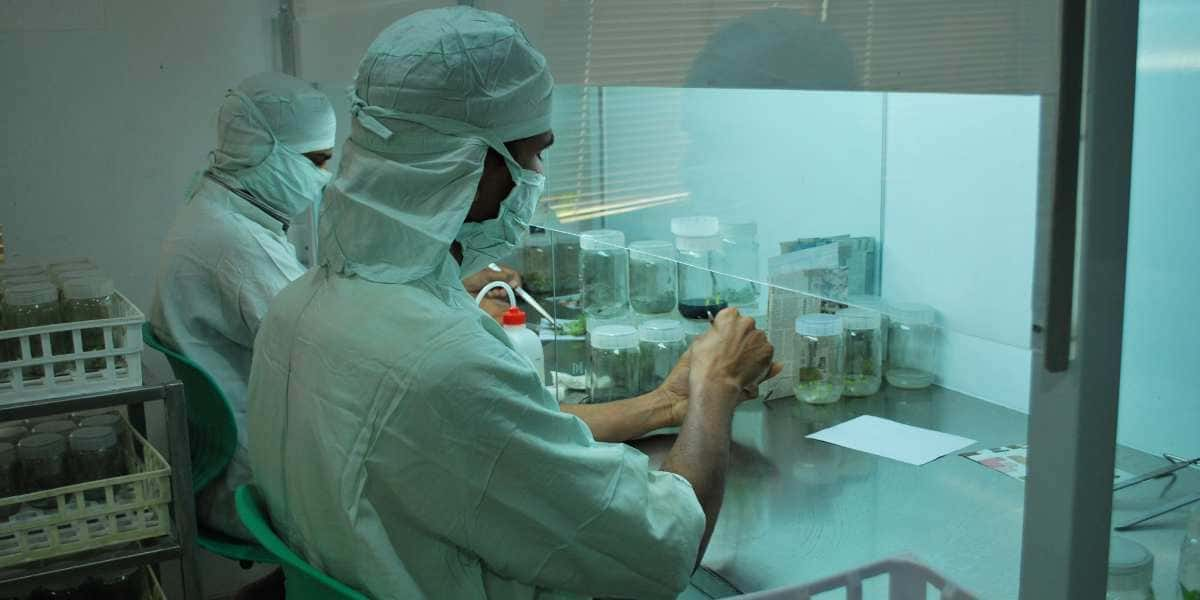
Research for future generations
Ajeet Seeds is proud to be in the service of field crops as well as vegetable growers and to help to meet the food, feed, and fibre demands of the Indian population. The company has a strong varietal/hybrid development program in Cotton, Rice, Maize, Pearl Millet, Sorghum, Wheat, and Sunflower among field crops; Hot Pepper, Okra, Eggplant, Tomato, and Gourds in vegetable crops. Currently, we are intensifying research in crops such as Cauliflower, Cabbage, Watermelon, Sweet Pepper, Cucumber, etc.
The research division is manned by qualified, experienced, and well-trained scientists and managers of national and international repute. We have a team of around 60 scientists dedicated to Crop Breeding, Agronomy, Physiology, Entomology, Pathology, Seed Technology and Biotechnology. These are well supported by several trained technicians. The research team has created, developed, and collected a very large novel germplasm in each crop from various Indian and international institutes.
The On-farm research infrastructure at Ajeet Seeds which constitutes 600 acres, 10 satellite research farms, and 35 multi-location testing centers spread over varied agro-climatic zones of India. The present focus for product development is intended for the Indian as well as overseas markets. This helps the breeders in developing and identifying high-yielding products resistant to biotic and abiotic stresses that are suitable to diverse agro-climatic zones.
Genetic improvement through comprehensive breeding for wider adaptability, increased productivity, enhanced nutritional qualities, and tolerance to biotic and abiotic stresses. Deployment of novel and effective biotechnology tools such as molecular breeding/selection (MAB, MAS), transgenics, and genomics to accelerate the development of products. Concentrating on development of technologies for enhancing per unit area productivity of farmers.
BIO-TECHNOLOGY
The thrust of research at the Plant Biotechnology Centre is to bring to bear the science of Plant Tissue Culture and Plant Molecular Biology in the development of novel crop plants via the usage of procedures like embryo rescue, in vitro regeneration, induction of somatic embryogenesis, in vitro chemical mutagenesis, isolation and heterologous expression of genes for introduction of resistance for biotic and abiotic stresses, gene manipulations for enhanced biomass and crop yields.
COLLABORATION:
In vitro regeneration of select vegetable crops: A prerequisite to any molecular intervention is the development of a robust in vitro regeneration and transformation system. Company has been actively engaged in this area and particularly focused on vegetable and fruit crops.
Banana Development: The company is involved in vitro propagation of banana on a commercial scale. Banana breeding is handicapped by the fact that banana is triploid and sterile. Hence, there is need to develop alternatives. The Plant Biotechnology Centre has embarked upon a programme of in vitro chemical mutagenesis of banana to develop novel genotypes with enhanced agronomical characteristics.
Oil Seed Crops: Soybean is of importance both as an oil seed and as a pulse. The crop is, however, confounded by two major problems, the presence of the antineutrient trypsin inhibitor in the seed and pod shattering. The plant Biotechnology Centre endeavors to address both these problems.
Molecular Biology Engineering Resistance to Biotic Stress: Almost all the vegetable crops grown in tropical climate are invaded by fungal and viral pathogens at one or the other stage of their life cycle. The Plant Biotechnology Centre is actively involved in the development of transgenic expressing anti fungal peptides for resistance to fungal pathogens.
ATGC Division: Company has established a separate division by name atgc. Scientist works to develop robust diagnostic kits, virus indexing kits, molecular diagnostics kits and services for Indian biotechnology.
DNA Finger Printing: We use DNA finger printing on a regular basis to validate transformation events. In recent times we are also concentrating on the development of use of DNA finger printing for MAS breeding programme. The commercial services are available for SSR micro satellite based DNA fingerprinting.
Development of Diagnostic Tools: Embarked upon the development of DNA and protein based diagnostic tools and kits for pest and virus disease indexing.
Immunology based ELISA test kits are available for Bt diagnosis of :
PCR Kits for Rapid Test
PCR kits are available for :